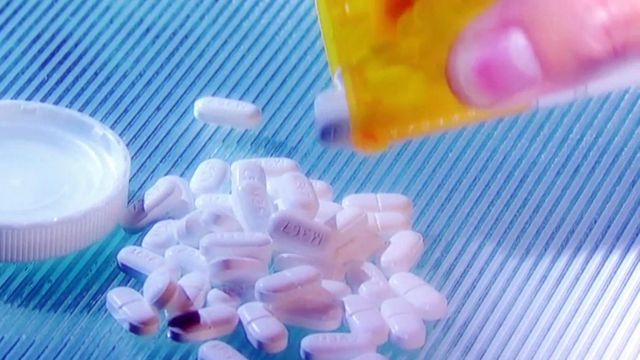Opioid overdoses spike during pandemic
For people already battling substance abuse, the coronavirus pandemic has created a whole new set of barriers to recovery.
Posted — UpdatedHospital emergency rooms across North Carolina saw a 23 percent increase in opioid overdose patients from 2019 to 2020, according to the state Department of Health and Human Services. Nationwide, the Centers for Disease Control and Prevention report more than 81,000 drug overdose deaths from June 2019 to May 2020, the highest figure ever recorded in a 12-month period.
"Everybody's forgotten about [opioids], but that is really killing more people than the COVID, " said Diane Blalock, whose son, 33-year-old Michael Blalock was addicted to opioids for most of his adult life and died after ingesting fentanyl in November.
Diane Blalock said she and her husband rushed to the home where their son died.
"I just looked at him and said, 'I'm sorry, Michael. Sorry I couldn't do more,'" she said. "He looked so peaceful."
"Mental health for the whole time or population has really been challenging, and so, when you added a substance use disorder on top of it, it certainly doesn't make anything better," Garrity said.
Experts say isolation and job loss have contributed to the increase in overdoses – and fewer friends are around to help someone who does overdose. The pandemic also has severely limited treatment options.
Support meetings are held over Zoom, which he said makes it more difficult for participants.
"That's really not the same as the in-person meetings," he said. "Here you have someone struggling trying to connect. There's barriers. There's many more barriers for that connection."
Related Topics
• Credits
Copyright 2024 by Capitol Broadcasting Company. All rights reserved. This material may not be published, broadcast, rewritten or redistributed.





